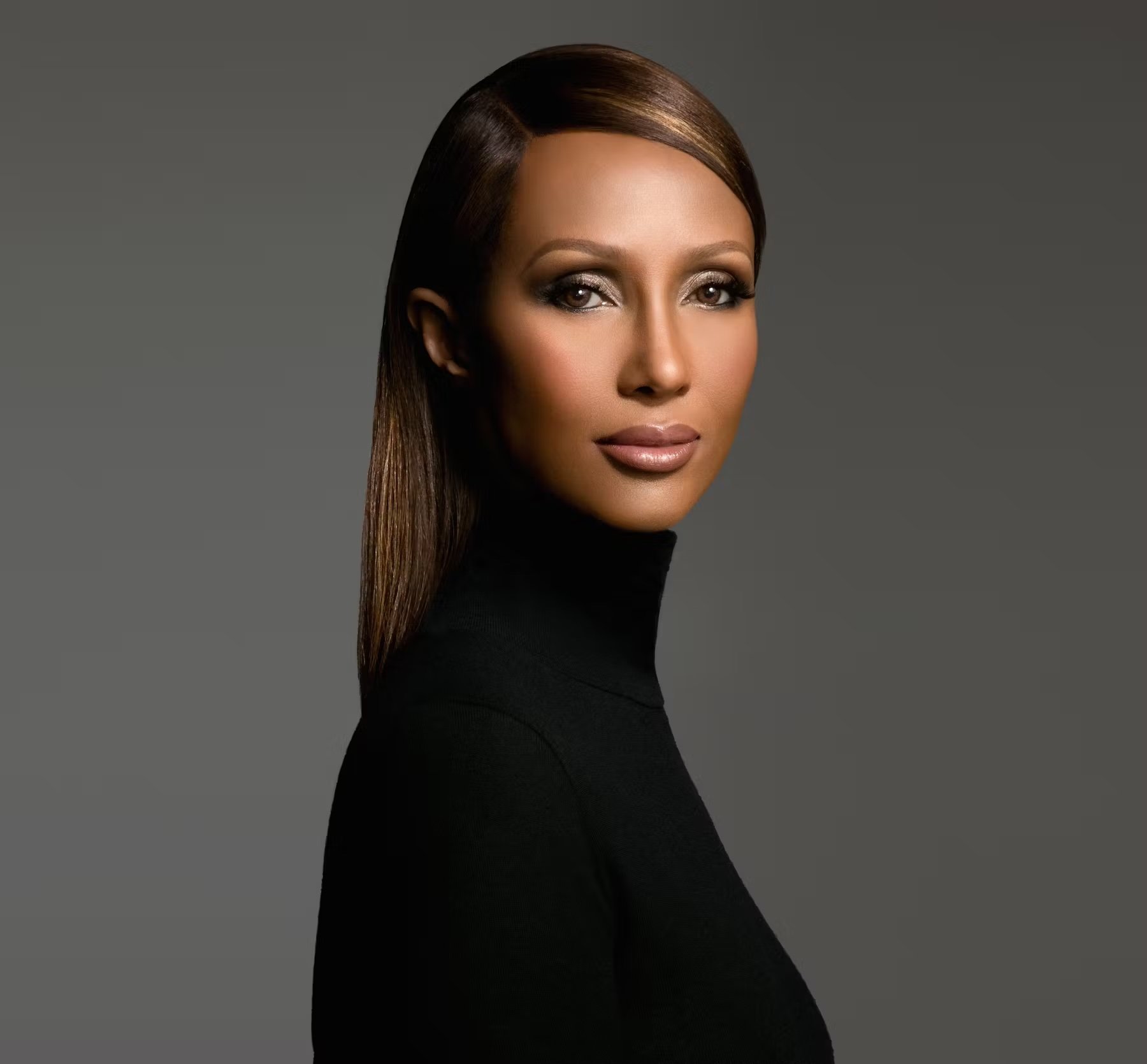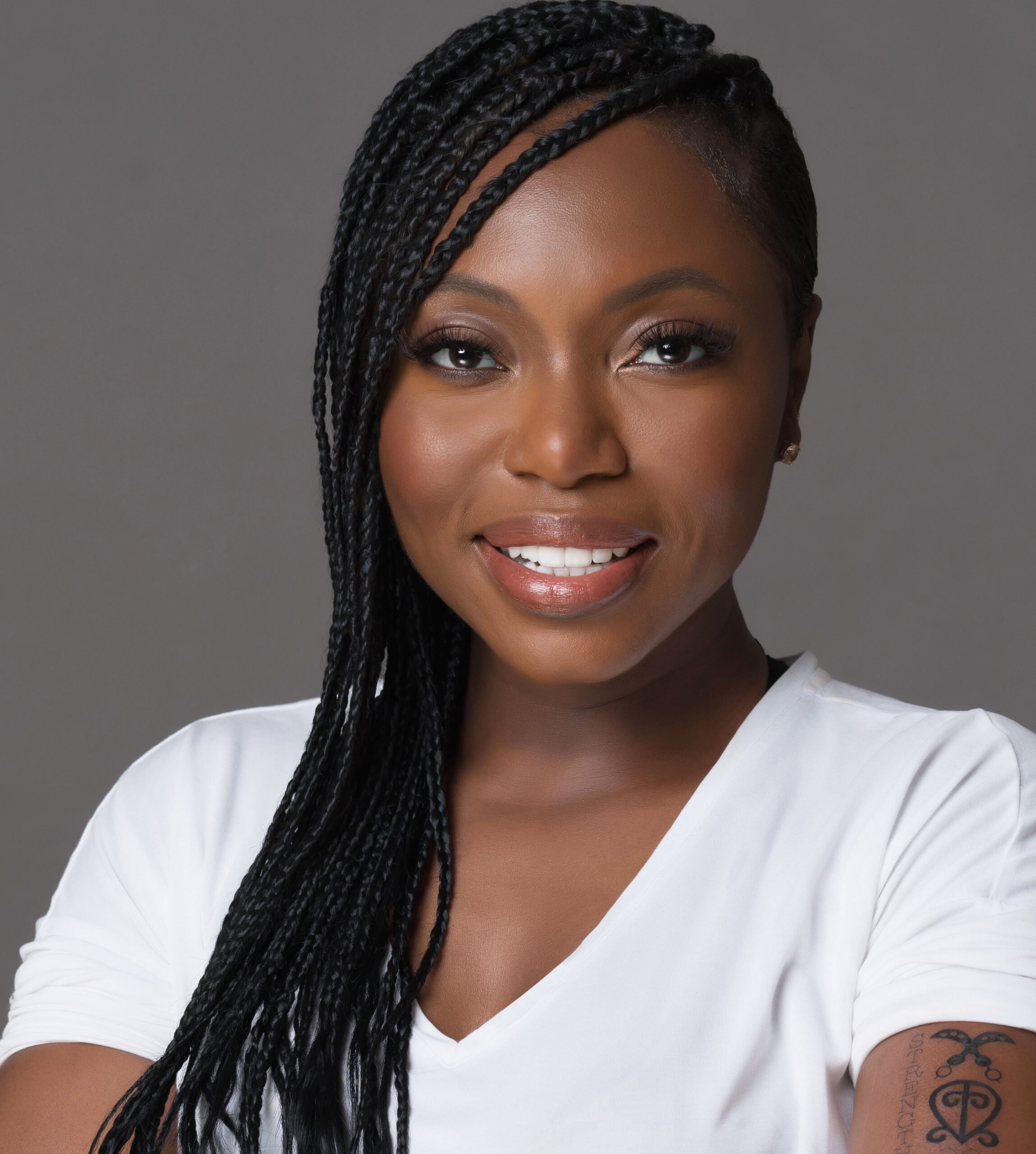The History of Black Beauty Cosmetics
The Black beauty industry has made serious, serious strides over the years. Not too long ago ashy or grey was a standard we had come to accept. And thankfully, those days are long gone and the younger ones will never have to know the struggle. Harvey Nichols, Selfridges, Sephora, Boots, Target and the likes all stock a selection of brands such as Fenty, Pat MacGrath and Uoma that cater to the Black demographic.
We have a choice. We can match our shade with foundations from Mac to Maybelline. But this diverse offering and access is relatively new. Back in the 80’s and 90’s, a Black women’s makeup bag almost certainly contained the foundation of the era, in its signature pink packaging. So, who ultimately changed the game? Let’s start with Anthony Overton.
Anthony Overton the first African-American to own a conglomerate
Anthony Overton’s empire consisted of publishing, property, cosmetics and finance. Overton was born in Louisiana in 1865 to emancipated slaves. The family shortly moved to Kansas where Anthony attended University, earning a degree in Chemistry. In the late 1890s Overton set up his own grocery store, which then afforded him the opportunity to establish the Hygienic Manufacturing Company in 1898, producing a number of goods for drug and grocery stores.
Overton recognised that there was a clear and obvious market to produce a foundation for Black women as they were so underserved. With his background in chemistry he created a clinically safe foundation called Overton’s High Brown. In the early 1900’s major stores regarded the Black consumer and their products inferior, stocking cosmetics for women of colour was not up for consideration. Like so many Black businesses of the time, Overton’s High Brown relied on a salesforce that ventured door to door or to smaller stores to generate sales.
By around 1911 the foundation proved to be a monumental success in the United States, which opened markets in Egypt, Liberia and Japan. So far, this has been accomplished with just one shade, for light skinned women. However, he eventually expanded his line to include ‘Nut-brown’, ‘Olive-tone’, ‘Brunette’ and ‘Flesh Pink’. Fast forward a few decades to the power couple Eunice and John H. Johnson. The Johnsons founded Ebony and Jet magazine, Ebony Fashion Fair show which led to the creation of Fashion Fair Cosmetics.
Anthony Overton
The Johnson’s Era
In 1958 the Johnson’s (Eunice and John H. Johnson) began the Ebony Fashion show to raise money for a hospital in New Orleans. They solely sought out African-American models and designers to help elevate their community. Eunice struggled to find cosmetics that suited the models skin, resorting to mixing a number of foundations to get the right blend to match their hues.
The Johnson’s took their plight to the big brands, pitching for the expansion of their line of makeup while emphasising the heights of demand. Needless to say they were met with heavy rejection and in so doing completely underestimating the power of the black coin. Determined to find a solution, the Johnsons found a lab to produce formulas based on the blends the models had been mixing. This was called the Capsule Collection, the response was overwhelmingly high, eradicating any doubt of the needs and buying power of the African-American market. In 1973 the Johnsons launched Fashion Fair Cosmetics. Fashion Fair was marketed and stocked by high-end department stores, soon expanding internationally to the UK, Canada and the Caribbean.
Eunice and John H. Johnson
Contempary Black Owned cosmetic compaines
Iman Cosmetics
Before there was Fenty Beauty there was Iman Cosmetics by the legendary model Iman in 1994. Iman launched her line as a result of her experiences with makeup artists who would use unflattering foundations and colour palettes on the skin of women of colour.
Iman
Pat McGrath Labs
Pat McGrath Labs is the brainchild of legendary British makeup artist, Pat McGrath. What started as a single, gold-flecked pigment in 2015 quickly turned into a full-blown beauty empire. With a killer Instagram following and a client list that reads like a who’s who of fashion and entertainment (think Madonna, Cindy Crawford, and countless other supermodels), McGrath had the clout to launch a brand that would instantly become a cult favorite. And boy, did it! Her high-end, innovative products, packaged like pure luxury, have makeup lovers everywhere obsessed. With a long-standing partnership with fashion icon Edward Enninful, McGrath’s influence on the beauty industry is undeniable.
Pat McGrath
Fenty Beauty
And now we have 50 shades of flawless from one brand. In 2017 Rihanna launched Fenty Beauty, an all inclusive range of foundations to match the lightest and darkest of hues and all in between. Fenty Beauty had major brands who claimed to offer beauty to all, shook, quite frankly. Exposing their formulas for women of colour as a mere afterthought. Rihanna’s personal flare for marketing her products such as “Killawatt” highlighter and lip glosses on Instagram has us all in choke hold and forever spending our coins. The brand is available in over 150 countries and is valued between $2-3 billion. Go Rir-Ri!
Rihanna
UOMA
UOMA - pronounced OMA (uh-mah) was launched in 2019 by Nigerian-born Sharon Chuter. After working at L'Oréal she grew frustrated with industry standards and decided to launch a more inclusive line of make-up. Consumers love her foundations which comes in 51 shades and gorgeous tints. It’s inspiring to see the growing list of remarkable and successful Black owned beauty brnads formed to primarily serve us, the Black community. And we look so good for it.
Sharon Chuter







